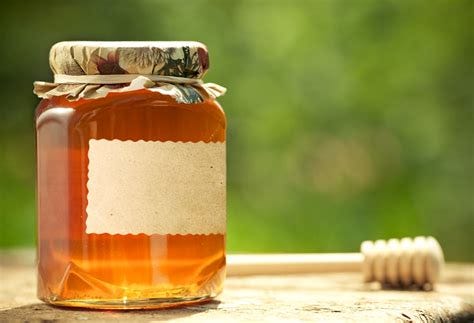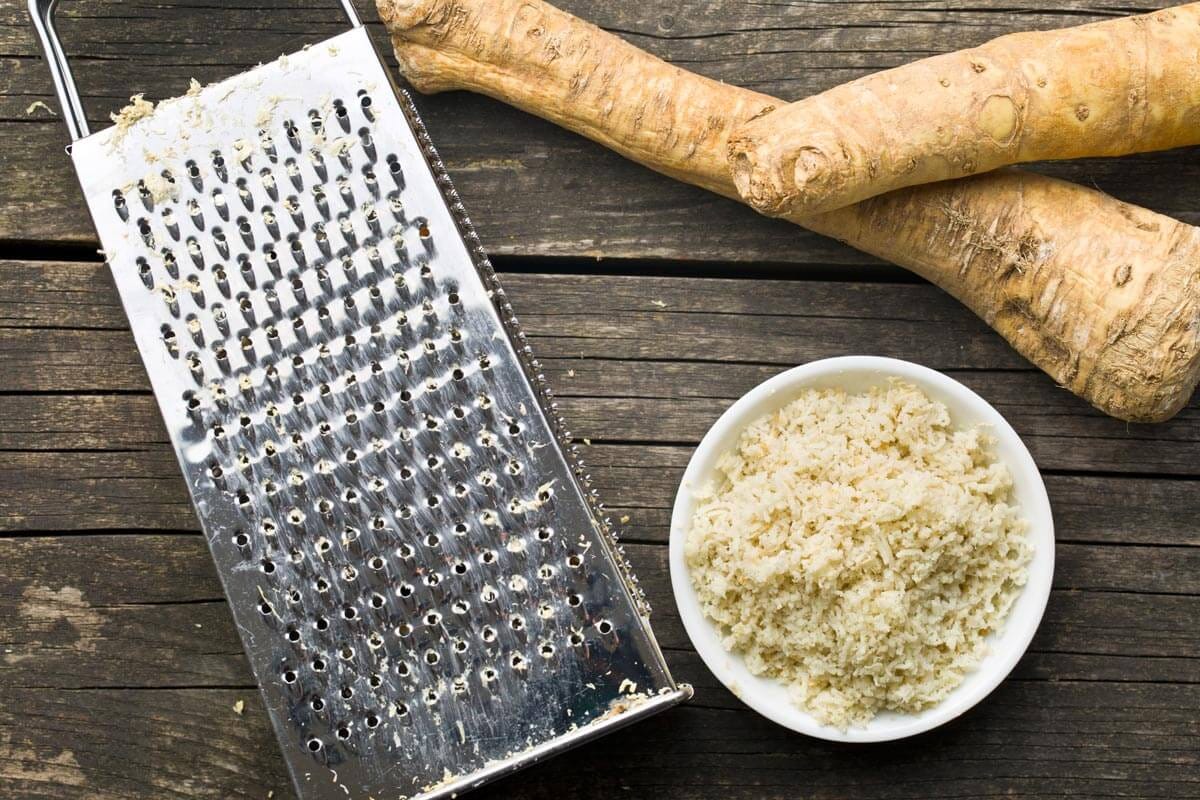The Amazing Health Benefits of Horseradish Syrup

As most of you know, I love sharing things that improve your health. So in this article I want to discuss the powerful benefits of Horseradish Syrup. This potent concoction made from the horseradish root, offers a host of health dividends that I believe make it an invaluable part of your dietary intake.
A daily teaspoon offers valuable nutrients and boasts natural antibacterial properties that can help fight infections. Its high sulfur content also aids in clearing mucus and improving respiratory health, making it an excellent remedy for colds and sinus issues. Further, horseradish syrup has been linked to enhanced metabolism and weight loss, bolstering the immune system, and potential anti-cancer properties.
I’ll explore the benefits, preparation, and applications of antibacterial horseradish syrup, making it easy for you to incorporate this potent remedy into your daily routine.
The Ingredients
1. Horseradish contains allyl isothiocyanate, giving it its potent antibacterial and anti-inflammatory properties. It’s also rich in antioxidants, contains B vitamins, vitamin C, calcium, iron, potassium, magnesium, phosphorus and the compound glucosinolate. Synergistically these all assist with many biological functions.
Be careful when cutting or grating horseradish because it releases pungent oils that trigger a literal olfactory overload, with nasal irritation and red, itchy and burning eyes. My wife jokingly said she has a gas mask if I need it. I guess that’s why this root has such a powerful impact on health.
2. Lemon Juice: Packed with vitamin C, lemon juice is a powerful antioxidant that supports the immune system. It helps in detoxifying the body and can improve digestion. For brain health, vitamin C is crucial as it protects against cognitive decline and memory loss.
3. Honey: This complex sugar has antibacterial and anti-inflammatory properties. It’s a natural source of energy and can improve brain function by providing a quick source of glucose.
4. Cinnamon Powder: This fragrant spice is famous for improving insulin sensitivity, lowering blood sugar levels, and having neuroprotective effects that improve cognitive function and memory.
5. Ginger: A well-known root celebrated for its anti-inflammatory properties. It aids digestion and can help reduce nausea. Ginger also improves blood circulation, which is beneficial for brain health.
Preparation
Making horseradish syrup at home is simple and requires only a few ingredients. Here’s a step-by-step guide to prepare this powerful remedy:
125 grams of horseradish, rinsed and cut into smaller pieces
Freshly squeezed lemon juice from 4 lemons
3 spoons of organic honey
2 tsp of cinnamon powder
1 ginger piece, around 4 inches in diameter, ground
Add the horseradish and ginger in the blender and pour the lemon juice. Blend for 2 to 3 minutes before you add the honey and cinnamon.
Blend again until you get a thick, syrup-like consistency.
Transfer the homemade horseradish syrup to an airtight storage container or jar. Store it in the refrigerator for up to one month. You can freeze horseradish for up to six months, but it may lose some of its pungency.
Buying Horseradish Root
If you don't have access to a garden plant, you can often find the roots at markets such as Whole Foods. If you can’t find fresh, you can buy a paste, but make sure it’s a good quality. Don’t buy stuff like this:
Vegetable oils, titanium dioxide, sodium benzoate and sulfites are not health promoting and counter much of what makes horseradish so good for us. Leave it up to food manufacturers to mess up something so beneficial.
First Impressions
OK, so after listening to my wife, I’ll say right off the bat, I really thought this was going to be rocket juice to my senses. I literally asked her if she knew CPR before I took it, but it really wasn’t bad at all. It ended up having a semi-sweet taste and sat really nice and warm in my stomach. I just made sure to eat something small before I took it.
Safety Considerations
While horseradish syrup offers numerous health benefits, it’s important to be aware of potential side effects and contraindications:
Allergies: Some individuals may be allergic to horseradish. If you experience any allergic reactions, discontinue use immediately.
Gastrointestinal Issues: Horseradish can irritate the gastrointestinal tract. Avoid using it if you have ulcers, kidney problems, or other GI conditions.
Pregnancy and Lactation: Horseradish contains compounds that can be harmful during pregnancy and lactation. Pregnant and breastfeeding women should avoid using horseradish syrup.
Children: Use caution when giving horseradish syrup to young children, especially those under four years old.
Thyroid Issues: Horseradish is part of the cabbage and mustard family, which can suppress thyroid function. Consult with a health professional if you have thyroid issues.
Other than that, horseradish syrup is a versatile and powerful natural remedy that can really enhance your health. Give it a try to really boost your immune system and reap all the other health benefits.
Sources:
Your presence here is greatly valued. If you've found the content interesting and useful, please consider supporting it through a paid subscription. While all our resources are freely available, your subscription plays a vital role. It helps in covering some of the operational costs and supports the continuation of this independent, unbiased research and journalism work. Please make full use of our free library.
If shy about commitments, feel free to leave a one time tip!









